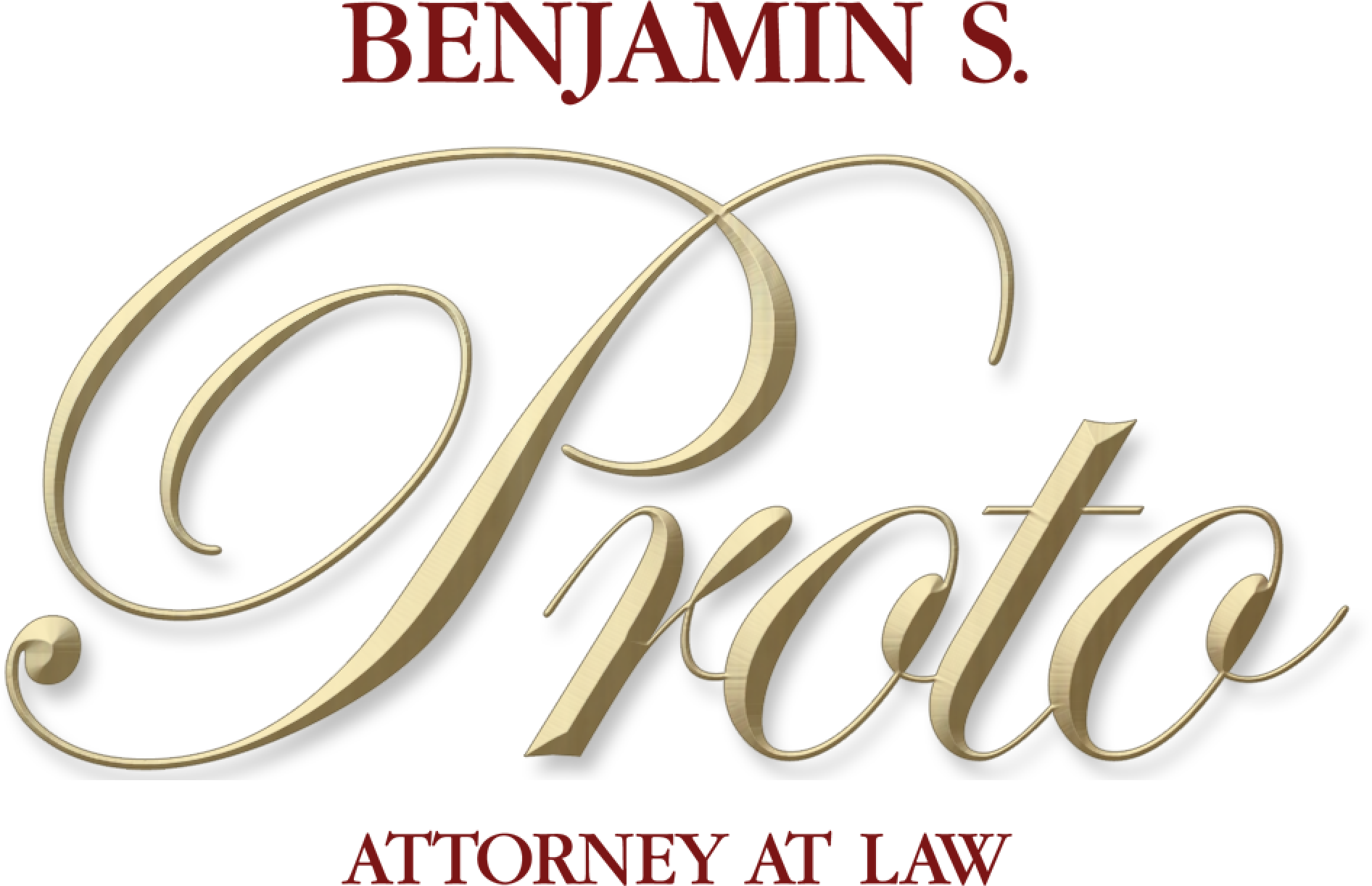Sometimes, as you drive down a familiar street, it seems that a new office building has magically sprung up overnight. In reality, though, a great deal of foresight, investigation, and negotiation has taken place behind the scenes during the weeks and months that you were driving by an empty lot or a structure that was soon to be replaced. Before construction was even begun, many professionals were involved in this project, including a zoning officer, an architect, an engineer, and, quite possibly, the local conservation officer. Multiple decisions had to be made concerning the uses of the prospective building, its square footage, its setbacks, curb cuts and parking areas, not to mention which materials would be used in its construction.
Land use and zoning are regulated by law, so of course, attorneys are also involved in the process of construction. Whether a high-rise office is being erected, or the situation only involves adding a room, deck, or pool to a private home, local zoning and building codes have to be followed.
Environmental laws protecting wetlands and natural habitats also have to be taken into consideration. At the Law Office of Benjamin S. Proto, Jr., we are well-acquainted with local laws regarding land use and zoning. Our services will be valuable to you whether you are expanding or redefining your business by building new office space or expanding your home to accommodate a new baby or an aging relative. We represent residential, commercial and industrial clients in all aspects of land use — zoning, planning, subdivision, inland wetlands, and environmental issues.
Being Realistic about Speed and Cost
Speed and cost are intertwined. It is expensive to waste time and most clients want construction to occur much more quickly than is realistically possible. Outsiders — such as neighbors or neighborhood groups, local politicians, and zoning boards — may all have vested interests in weighing in on your project, each with different priorities. With our legal guidance, we may be able to speed up some aspects of the necessary legal procedures. We will certainly be available to make sure you are not confused or bamboozled.
Zoning Laws
Zoning regulations are designed to separate properties according to the ways they are used. It is typically forbidden for an office building or factory to be built in a residential neighborhood since this is considered to be an intrusion on the character of the existing community. Zoning designations typically fall into four categories: industrial, agricultural, commercial and residential. Within these categories, specific restrictions can be quite detailed, referencing:
- Type, number, and cost of buildings permitted
- Location of utility lines
- Distance of building setbacks from streets and other boundaries,
- Size and height of buildings
- Number of rooms per structure
- Floor space or area
- Minimum cost of buildings
- Minimum plot area
- Size of front, rear and side yards
- Off-street parking
- Number of dwellings within a certain area
- Zoning codes also regulate whether single-family or multifamily dwellings or townhouses are permitted in a given area. They may also require that certain features of buildings of historic or cultural significance (even private homes) be preserved.
When Decisions Are Made in a Court of Law
At times, local land use board decisions can be appealed to the Superior Court. When this happens, it is essential to have an attorney who specializes in such matters and understands how to handle the complexities of the courtroom. I am that attorney, familiar with the intricacies of building a solid record during the local hearing process and how to translate that record into a successful courtroom presentation.
Generally speaking, courts have affirmed zoning regulations as long as they are considered reasonable rather than arbitrary. Reasons considered appropriate are those designed to:
- Preserve public health and safety
- Be in accordance with community moral values
- Promote the welfare of the public
- Be necessary to accomplish the purpose at hand
Because these standards are obviously subject to interpretation, they are also subject to dispute. If you become involved in a land use or zoning dispute, the Law Office of Benjamin S. Proto is fully prepared to fight vigorously for your rights through negotiation or, if necessary, in a court of law.
In some instances, for example, we may be able to raise the question of whether the land-use or zoning regulations are conflicting with your constitutional rights. These rights guarantee that if your property is taken for public use (eminent domain), you must be properly compensated both for your property and your relocation expenses.
How the Law Office of Benjamin S. Proto, Jr. Can Help
After many years as a land use and zoning attorney, I am well-known to various Connecticut politicians, community leaders, and zoning boards. My interpersonal skills and legal knowledge combine to give my clients an edge when it comes to negotiating, whether they are large national corporations or owners of single-family homes.
I have a wide-ranging history of success in getting approvals for real estate developers looking to subdivide large tracts of land to carve out a housing development, for homeowners seeking to expand their homes, for entrepreneurs planning to erect gas stations and convenience stores, for companies seeking to build new office buildings, and for businesses attempting to establish multi-use waterfront developments.
Whatever your needs are relative to land use and zoning, I’m ready to assist you in obtaining variances, negotiating contracts, assembling a design and land use team, and interacting with any individuals or groups who challenge your right to build what you want at your chosen location.
If you are experiencing issues involving land use or zoning laws in Stratford, Bridgeport, Milford, Trumbull, Shelton, Fairfield, Orange, Derby, New Haven, or anywhere else in the state of Connecticut, please contact me through the contact page or by calling 203.307.2915.

